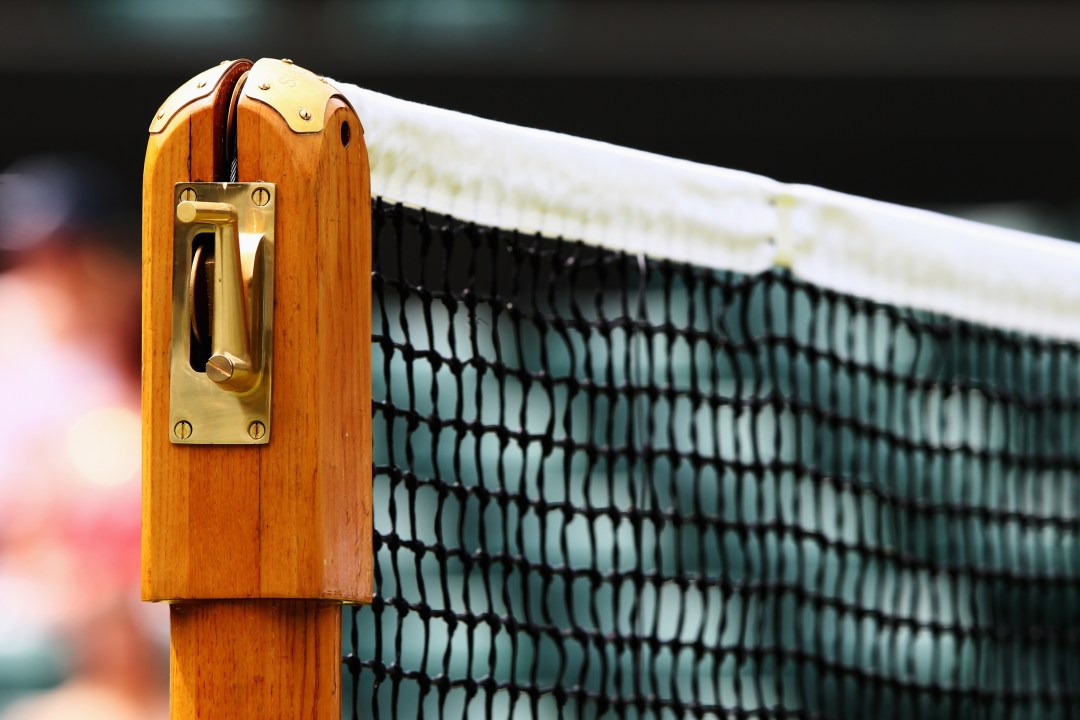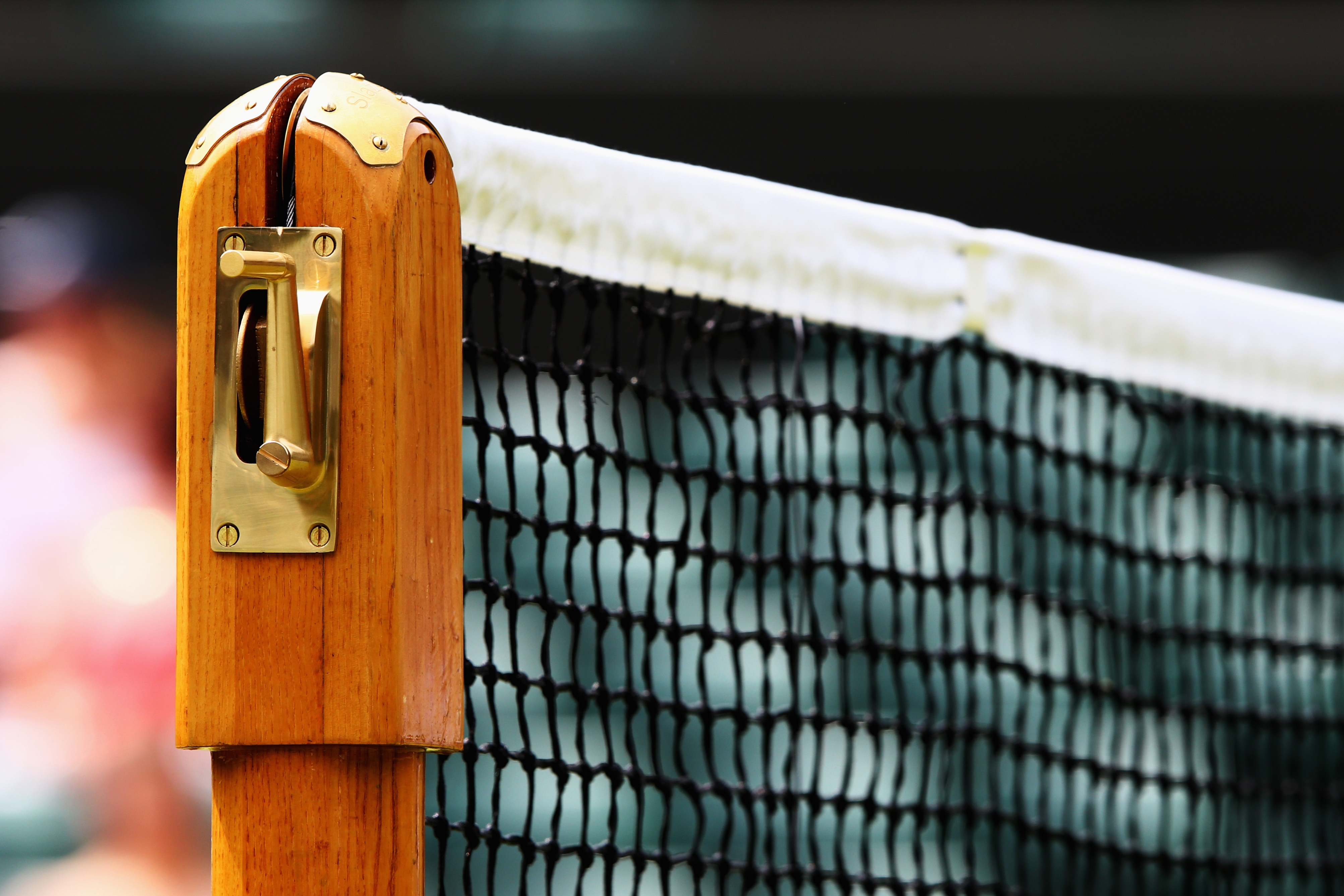The world’s tennis elite is up in arms. Roger Federer wants to see proof, demanding that the people behind “allegations that match-fixing is rife” should name names. Andy Murray has criticised the practice of betting companies sponsoring tournaments. And Murray’s former coach Mark Petchey thinks that betting on lower-grade tournaments should be outlawed – although it isn’t clear how he proposes to enforce that on syndicates in Hong Kong.
They are all missing the point. Perhaps that’s because (or why) the entire media cohort did the same thing yesterday, running story after interview about the possibility that tennis matches get thrown for money. All the old clichés came out: how tennis (as a two-person contest) is more vulnerable than other sports; how at the bottom end of the circuit, the lack of reward for players scratching a living makes them particularly susceptible to a corrupt approach; and – inevitably – how the growth of online betting is the root cause of it all.
So far, so last decade. In the first round of the Poland Open of 2007, bets were voided on a match involving the then world number four Nikolai Davydenko because the prices were considered by the site operator not to reflect what was happening on court, before Davydenko suddenly withdrew (he was cleared of any involvement in match-fixing). And nearly two years before that, the ATP had already signed agreements to access betting data, to put itself in a position to protect the sport. All the ground covered in yesterday’s headlines was at least nine years old.
Which isn’t to say there wasn’t a story. But what should have been all across our news channels as a result of the BBC/Buzzfeed investigation (to be broadcast on File on Four tonight), is not that tennis is at risk from fixers: it is that the governing body of the sport may have been complicit in corruption by failing to act on repeated evidence of wrong-doing.
The situation is analogous to the scandal currently engulfing athletics. Lord Coe’s position in charge there would not be under scrutiny if the media’s only line were ‘some athletes might take drugs’. What makes the IAAF saga so explosive is the accusation that officials may have facilitated the doping by turning a blind eye (or worse).
In tennis, there is no suggestion of the ‘worse’. But File on Four’s claim is that the Tennis Integrity Unit has for years had evidence of repeated fixing that it could pin on the same set of players, and yet has failed to act – instead, allowing them to continue to play on the circuit.
The chief executive of the ATP, Chris Kermode, has been robust in his organisation’s defence. He argues that the TIU has not sat on its hands, and in the absence of evidence to the contrary, he can legitimately argue that his sport was one of the first to address the ubiquitous risk that some people do bad things for money.
What has emerged so far on Buzzfeed and the news channels does nothing to undermine Kermode’s claim. But if tonight’s programme produces strong evidence of fixing that it can demonstrate has been known by the authorities but not acted upon – an email from a leading official brushing aside wrongdoing, perhaps – the tennis authorities’ defence will lie in tatters. That would be a story that would rock tennis. The rest of it is just pre-Grand Slam noise.







Comments